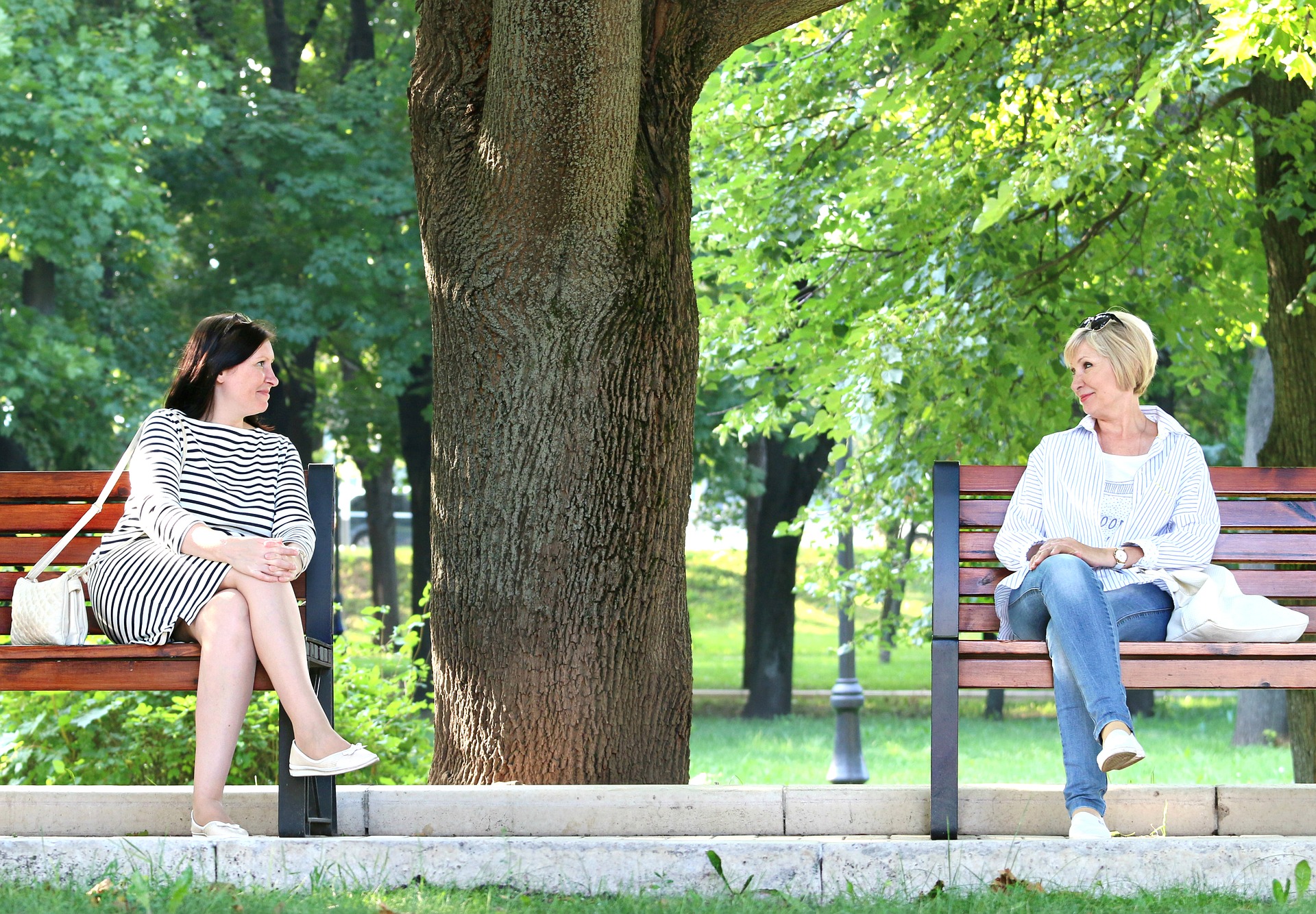
Putting people into categories tends to separate rather than gather them, so it’s generally not a good idea. But we can also use these differences for good. Our own vision, how we see the world and each other, has been impacted by our culture. So we can broaden our perspective and understand one another better if we look at how we are different
Ask yourself: how are things done somewhere else? What does it say about this different culture? What does it say about mine?
Growing up in France, a country where people are said to be rude (I would say distant), I have experienced several culture shocks when I met foreigners for the first time. People were very kind and happy to talk with me. My suspicious self would wonder: “Why are they so friendly? What do they want from me?”.
That’s when I learned about the two main cultural communication styles: the Peach and the Coconut.
You may wonder what is going on in my mind. Please keep reading.
The first ones are the Peach people.
When you think about a peach, you may say it is delicious and juicy. (The peaches from Yamanashi prefecture are an absolute delight!) I think we can agree on one thing, peaches are soft on the outside.
Peach people tend to be that way too. They are friendly, open and willing to help you. Overall, you may have a very good first impression of them. Once you go beyond this soft and lovely shell, you may find a harder pit. The Peach persons keep their core private for a very small amount of privileged people and it will take time for you to gain access.
Some would say Japanese and American people have a Peach way of communicating.
On the other side, you have the Coconut people.
A coconut has a hard shell, they require a lot of effort to crack open. You might even get hurt trying to get in.
The Coconut people tend to look cold and give a distant first impression of themselves. Please, don’t get stuck with that first impression because once they open up, you can enjoy a beautiful and sweet core. It was definitely worth getting through the shell! These people tend to be your forever friends once you overcome the first impression.
French, German or Russian people tend to be the Coconuts.
When these two styles meet up, there are some clear misunderstandings. Being aware of these different styles makes us more prepared and open to understand other people’s culture. Let me give you some tips:
Peaches are masters at small talk, you may learn a lot about what surrounds you thanks to them. At the same time, please don’t be offended if the conversation doesn’t go as far as you would like it to be.
Coconuts need time, so, be patient! They will also feel uncomfortable with questions that may appear too personal. Feel free to analyze the situations and gauge what’s appropriate to make them open up.
It’s like the sun and the moon, they are opposites, but sometimes, when they face each other, they create a memorable eclipse.

Veritas Coach
Olivia Fougerais
Olivia was born and raised in the Loire Valley in France, she majored in International and European business law. Passionate about languages and multiculturalism, she decided to take the opportunity to live in Tokyo for a semester as an exchange student in Chuo University. Once back to France, she worked as an in-house legal counsel in contract and business law. Slowly missing living abroad within an international environment, she then decided to build her own opportunity and go back to Japan in a move to become fluent in Japanese. This is when she joined Veritas, feeling highly motivated about the value it creates to its clients and willingness to contribute to the goals of Japanese’s ambitious leaders of tomorrow.












